Welcome to Digital Exhaust, a 33 charts weekly digest. Browse below the button for interesting stuff.
Do we have a sick care system or a well care system?
One of the prevailing platitudes on twitter is, “we have a sick care system, not a well care system.” And the assumption is that if we just prevented disease we would no longer have to lean on cardiologists, or any doctor for that matter. On
Dr. John Mandrola unpacks it with the suggestion that sick care is what many doctors are for.In my world, the general pedis do a heavy share of prevention through anticipatory guidance. But, clearly, an arm of their work is sick care. My work as a pediatric gastro is sick care mostly. Sure, we can and need to prevent where we can. But it will never preclude sick care.
Dr. V live from Austin, Texas
This is one of our recruitment videos for Texas Children’s Hospital | Austin. If you know any pediatric specialists looking to move to beautiful ATX, share this clip and have them reach out to me. Otherwise, you can click through to see me walking around the hospital in a suit saying dramatic things.
ADHD rising
Epic studied 3.3 million people diagnosed with ADHD over the past decade. The results are really interesting. Their trove of data is just staggering.
The proportion of ADHD patients with a stimulant prescription is steady.
New diagnoses of ADHD have risen in recent years across all age groups.
The percentage of women newly diagnosed with ADHD in select age groups nearly doubled from 2020 - 2022
Apple Pay x 4
Apple Pay now lets you split purchases into four payments with zero interest and no fees. Via Daring Fireball, I’d say Apple’s advantages in this market are privacy, convenience, and a very well-designed interface within Wallet to manage and track your payments.
Tech addiction has created a self-help trap
Interesting new book on untangling ourselves from tech addiction. I haven’t read it but probably will.
We can learn from the past because in this case the tech companies did not innovate. Instead, the technology industry manipulated us following an old playbook, put together by other powerful industries, including the tobacco and food industries.
Design is governance
Amber Case is one of the smartest minds in design. This post discusses the idea that design is governance. IE, how we design digital products or even healthcare spaces defines what’s possible or discouraged. If you create things or spaces that people use, you can’t miss this. She centers the piece around her experience in a new coffee shop in LA.
At a fundamental level, all design is governance. We encounter inconveniences like this coffee shop every day, both offline and in the apps we use. But it’s not enough to say it’s the result of bad design. It’s also a result of governance decisions made on behalf of the customers during the design process.
Brilliant assholes and other work-types
Jacob Kaplan-Moss asks the timeless question: how do you manage people who are nice but can’t do the work?
A visit to the Deloitte Greenhouse
Speaking of amazing design, I spent a day last week at the Deloitte Greenhouse with some genius healthcare leaders imaging the future of work. I was totally in my element. The Greenhouse is designed as an immersive space for collaborative thinking. Content on the large screen has been smudged out….
Wirecutter beyond wires
File under random: The New York Times Wirecutter this week reviewed creamy peanut butter and offered advice on how to keep bedbugs from hitching a ride home with you.
More on pay-for-message communication with your doctor
This is probably behind the paywall at The Atlantic (I read it on Apple News, which I like). A short piece on billing for messages. I agree that things have changed… and healthcare is more industrialized. But what the author misses is the fact that the ways to connect with your doctor have multiplied leading to a massive escalation of inputs. It can get out of control really fast if there’s no guidance on how messaging is best used. Even in systems of value-based care there are limits on the seemingly unlimited ability to talk to your doctor.
This latest trend is edging out one of the remaining areas that had not been made fully transactional. Yes, being a doctor means cultivating meaningful, intimate relationships with patients. But, like so many other jobs, being a doctor is becoming more and more standardized.
+ Hack: How to read The Atlantic for free. To bring you this newsletter I subscribe to dozens of publication feeds on Feedly. The Atlantic articles come through in their totality on the application. It looks like a glitch. If you click through, however, you hit the paywall. Get some before they figure it out.
Become and investor in Substack
If you’re a Substack writer you can now invest in the company. Interesting take on Flicker Fusion:
Maybe it’s just this weird moment we’re in, where rising interest rates have the effect of exposing Silicon Valley’s more absurd tendencies — is Substack really trying to give back to their community or are they suddenly finding scant few VCs answering their calls?
+ Another less-than-rosy take on the Substack writer round from The Verge.
What satisfied EHR users do that the unsatisfied don’t
KLAS studied 3,061 highly satisfied clinicians and created "Net EHR Experience Scores”. Here’s what satisfied users do differently. The most common success factor – reported by 27% – is personal initiative. The original KLAS results are here. It was originally reported by HealcareIT News.
Spend time in a clinic and you know that the divide between those who dislike EHRs and those who love their EHR is deep. I’m not convinced that new habits will bridge the gap.
Is healthtech doomed in the public market?
The public market situation for healthtech is in the crapper. Recently IPOed healthtech stocks are underperforming the broader market, with some falling 95%+ from their IPO. For health tech wonks only — you may need a finance degree to get all the way through it: This Andreessen analysis details how high-margin, highly defensible businesses can be built in healthcare. Beautiful visuals/data…
Thanks for making it this far. Please pass this along if you enjoyed it. Have an amazing week.



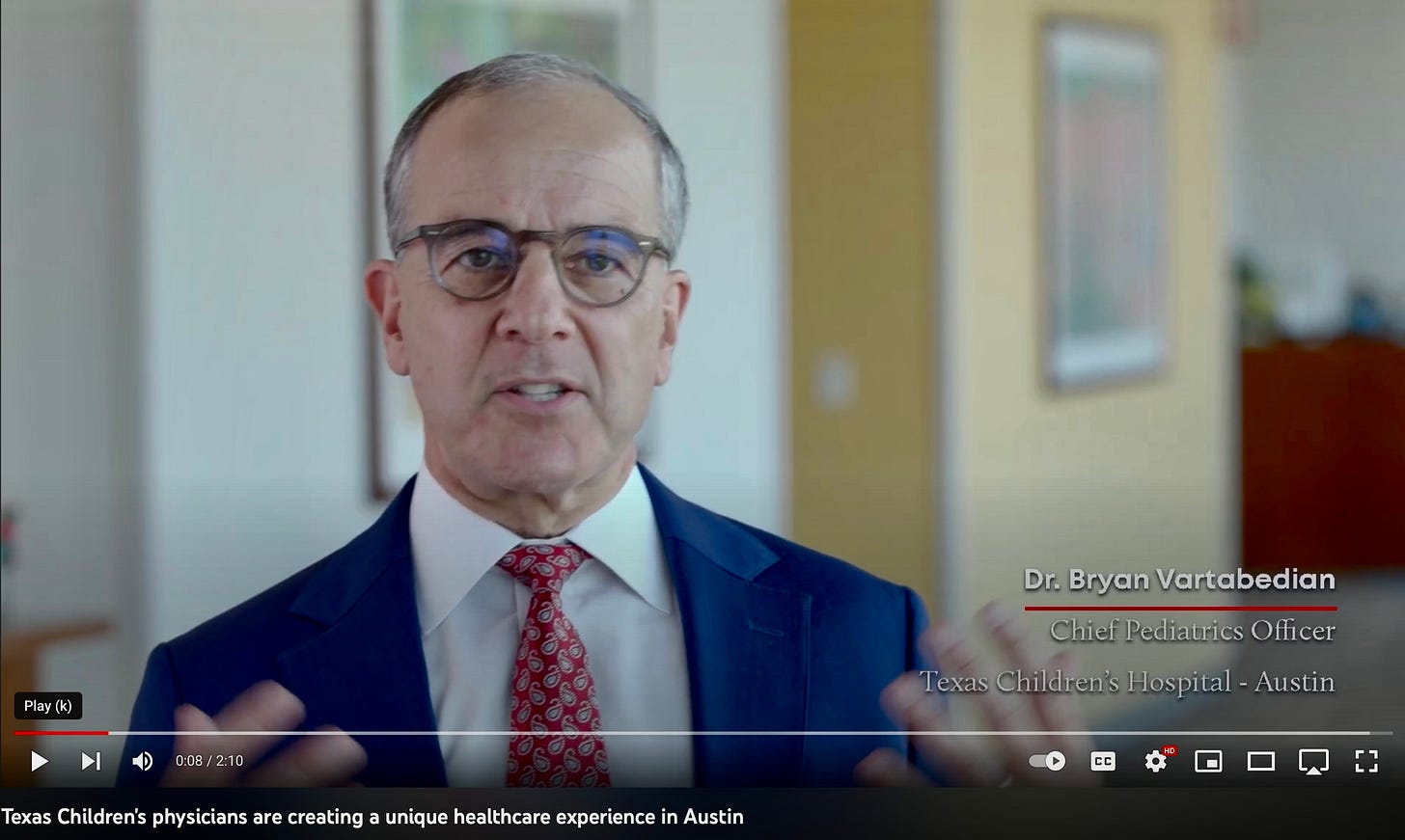
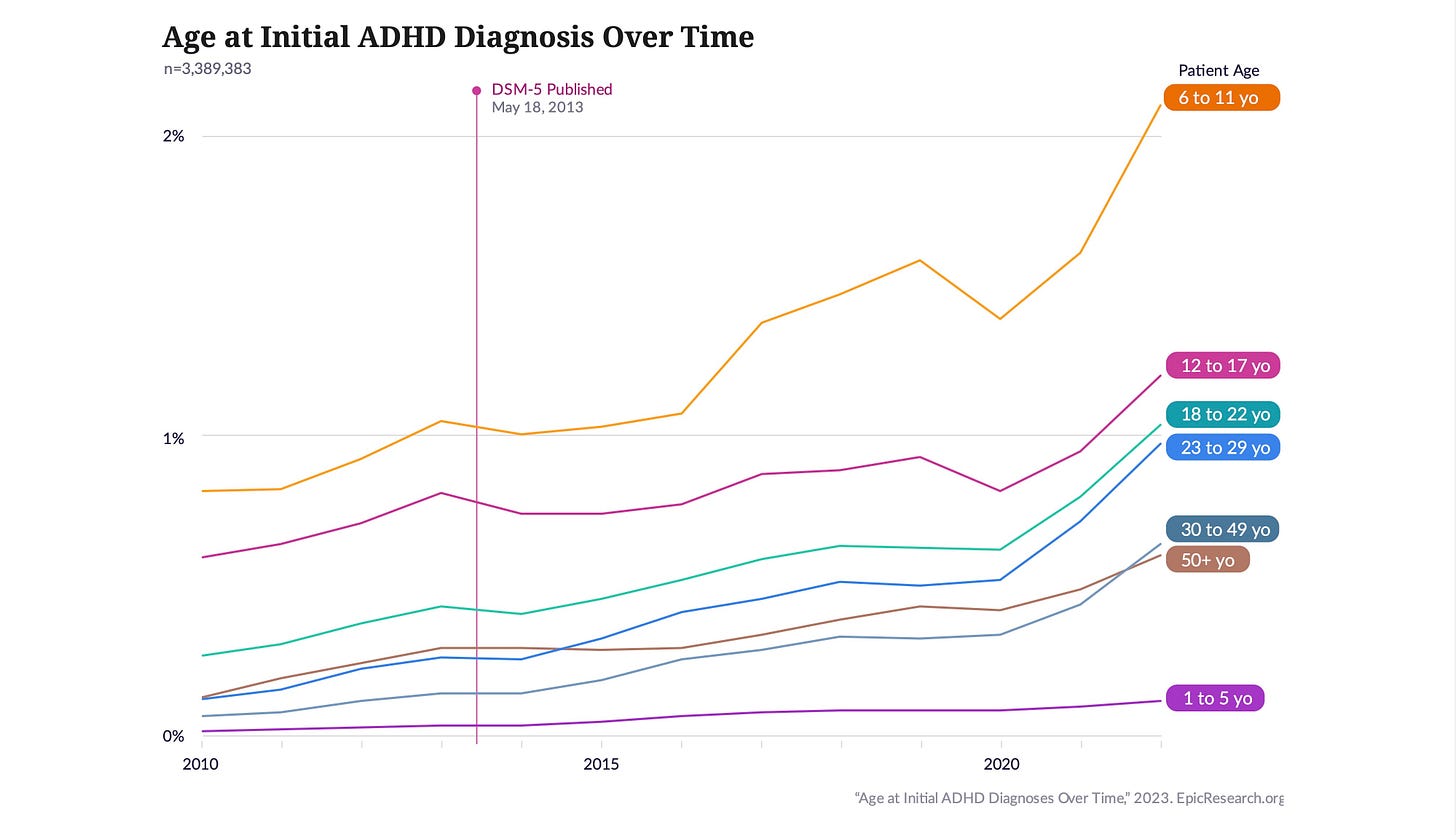
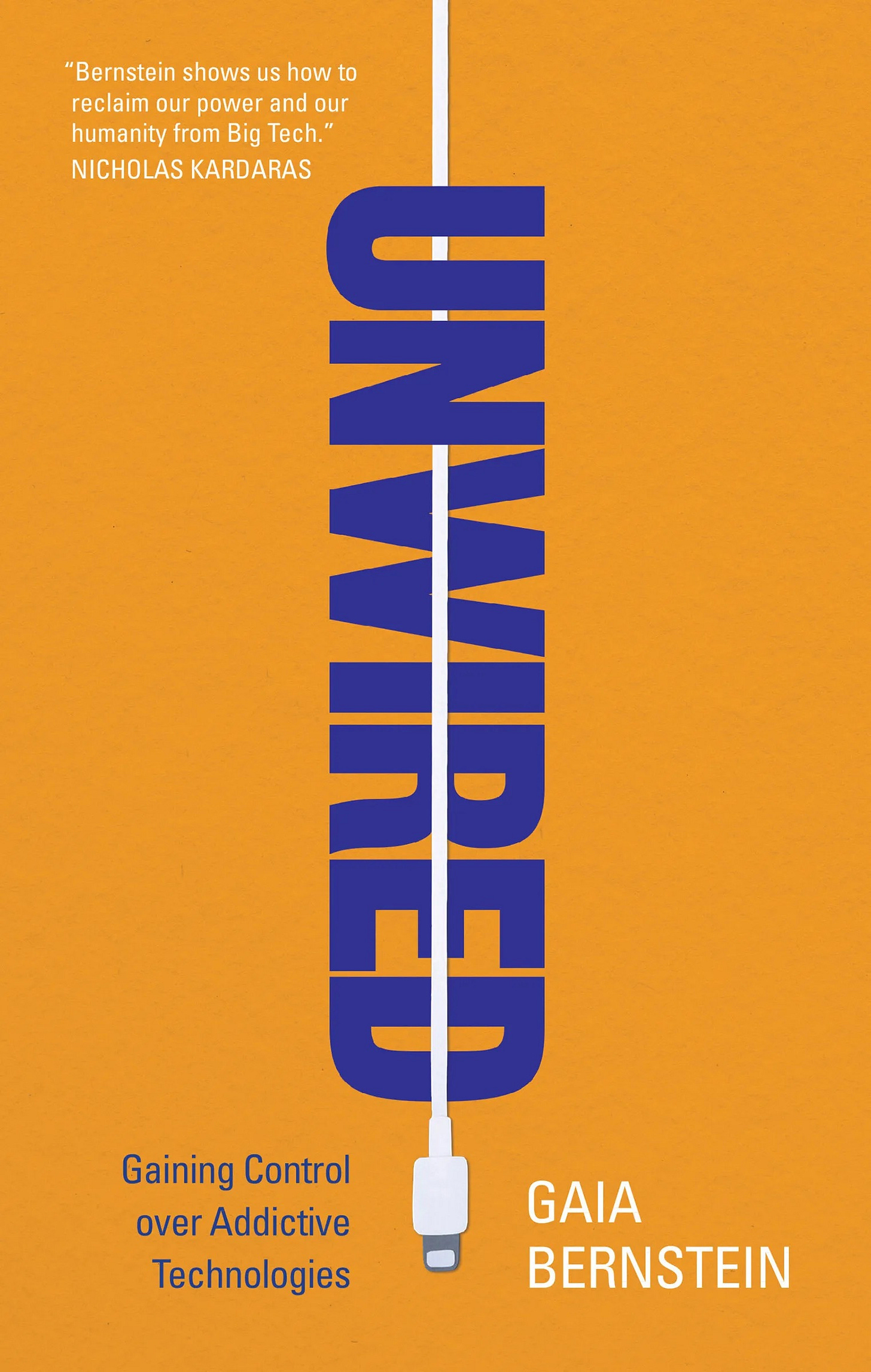
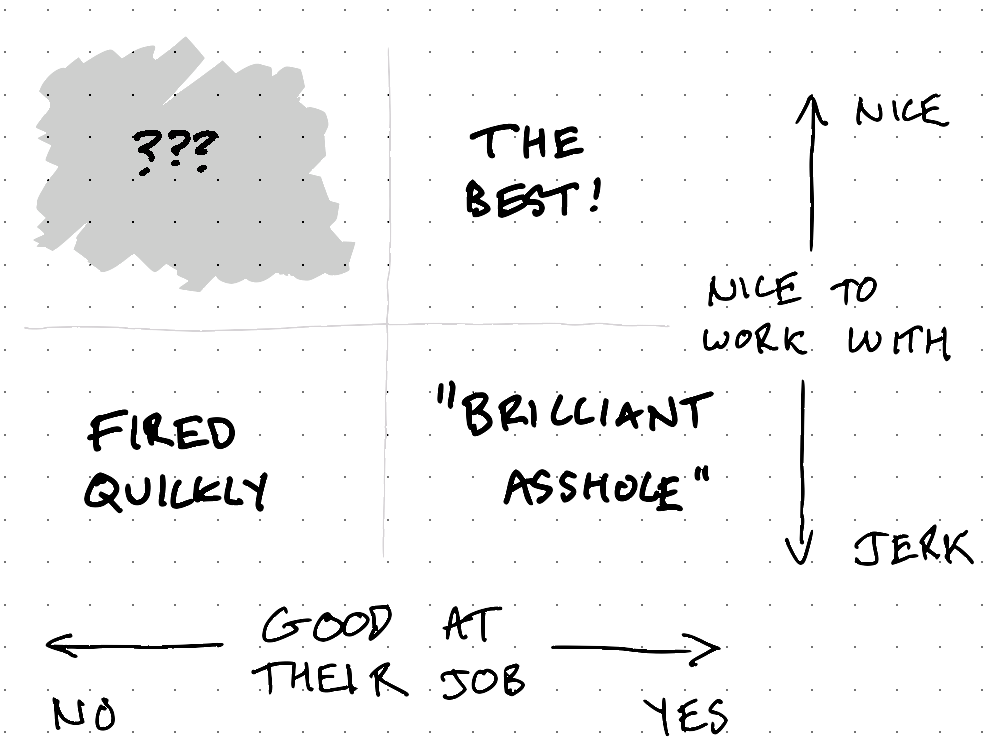
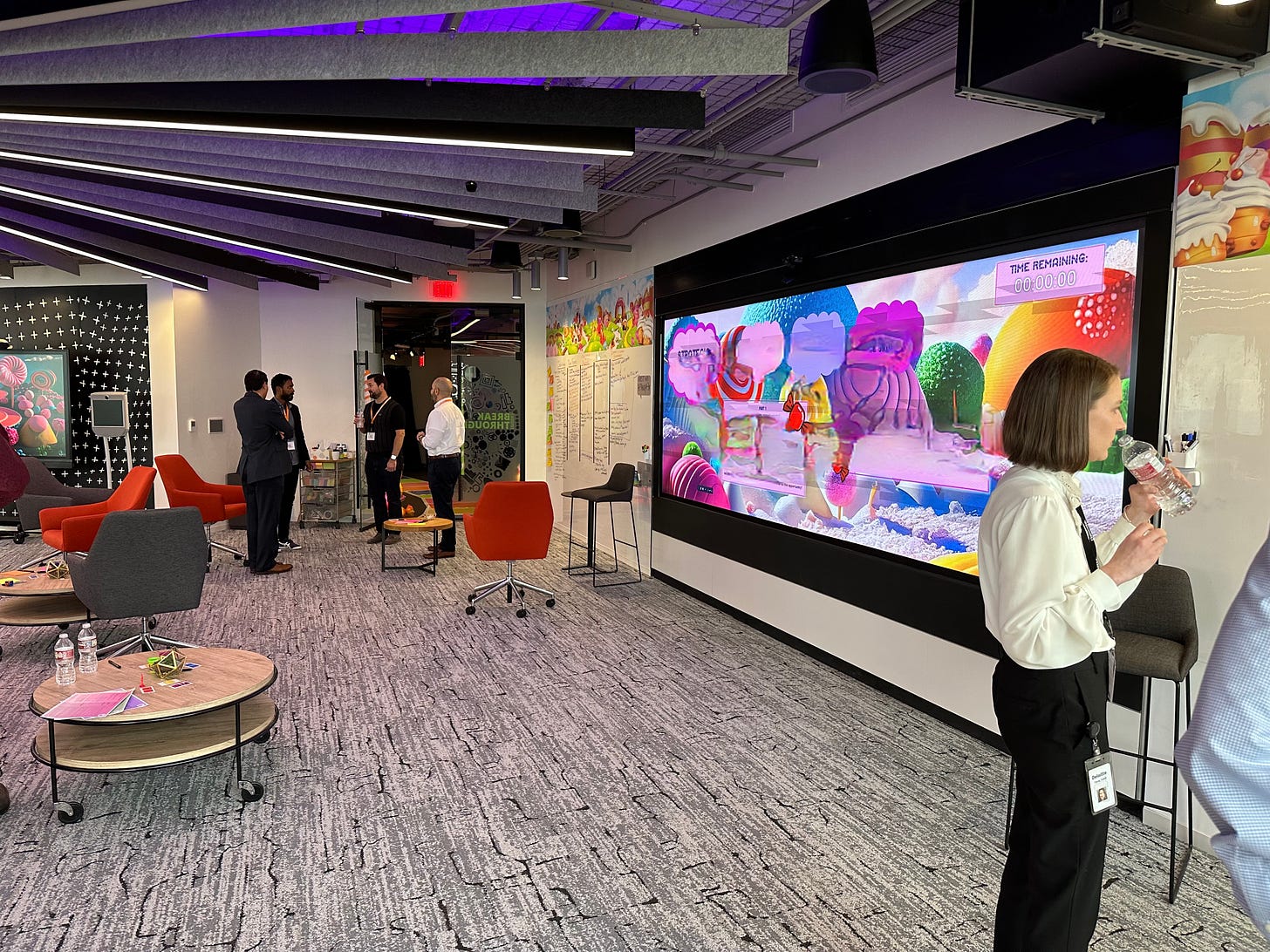
I left my previous GP because she spent almost all of my appointment time typing and clicking; only looking at me briefly at the end of the appointment. I felt like she was a stenographer as I described my issue, often having to pause for her to catch up, and she still got a lot of it wrong.
At my current medical system, the nurses get my file up on the computer before the Dr. comes in. The Dr. spends the whole time focused on me, which is NICE. I read the notes they input later and they are always accurate. I can see they were paying attention to what I said and that they spend a lot of time on me that I don't see.
I wouldn't ask a telehealth question unless it was absolutely needed and would expect to be charged for their time. Like the article said, my call generates a chunk of associated work.
Super stuff, as usual. Thank you!
The proportion of ehr users who love the tech is always very small. Mostly we recognize what an absolute water of time much of it is .time that is limited and could be spent with the patient